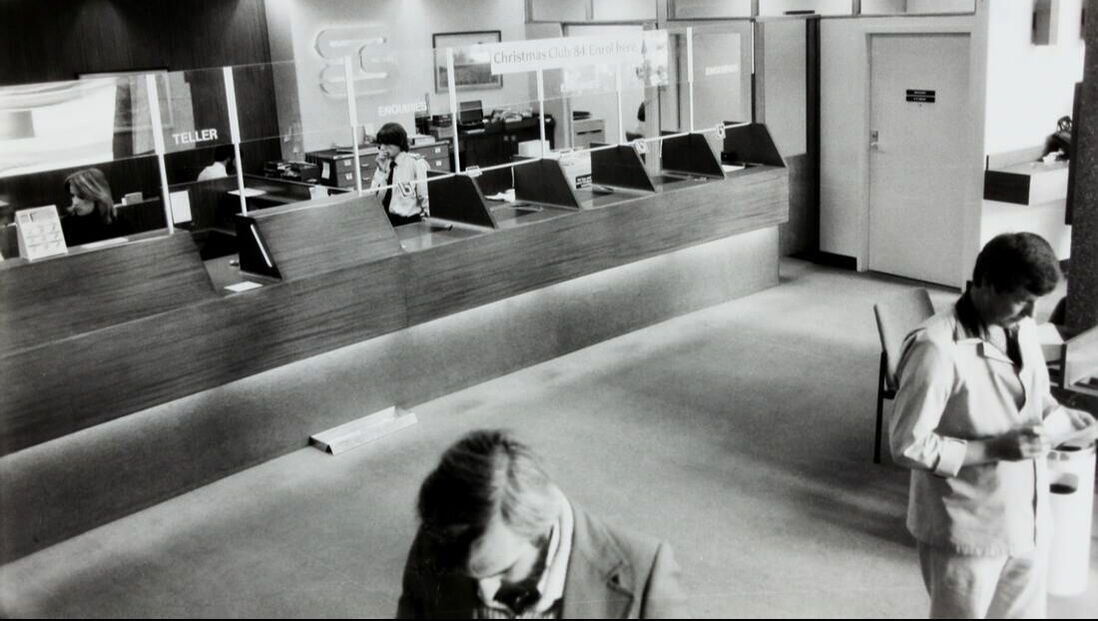|
Civil libertarians have long been concerned about the Bank Secrecy Act, which enlists banks to report to the government any “suspicious” activity – such as withdrawing $10,000 in cash in a single business day. Daring to take out one’s own money above a specified amount earns a bank customer an immediate report to the Federal Crimes Enforcement Network (FinCEN).
A draft bill, called the Transparency and Accountability in Service Providers Act (hat tip to Nicholas Anthony of the CATO Institute’s Center for Monetary and Financial Alternatives) would dragoon a host of non-bank employees to spy on their customers and report any activity deemed suspicious to FinCEN. One oddity about this bill is that we have not yet been able to locate a sponsor. But sources on the Hill tell us this draft is being widely circulated. Under this legislation, targets for being “deputized” as government informants are “financial gatekeepers,” including attorneys, trustees, those who wire money, financial services advisors, financial managers, and virtually the rest of the financial services industry. Among the many millions of unsolicited deputies would include people involved in:
If this is a reputable strategy, why stop at only suspected financial crimes? All kinds of people could report all manner of potential wrongdoing, from Uber drivers, to waiters, to travel agents. Writer Anna Funder noted that in Hitler’s Third Reich, there was one Gestapo agent for every 2,000 people. In the Soviet Union, one KGB agent for every 5,830 people. In Communist East Germany, there was one Stasi officer for every 63 people. If the Transparency and Accountability in Service Providers Act were to pass, and the 7.6 million employees of the financial services sector were “deputized,” there would be one informer for every 43 Americans. Does Congress really want to make the United States more like these infamous police states of the past? Comments are closed.
|
Categories
All
|


 RSS Feed
RSS Feed